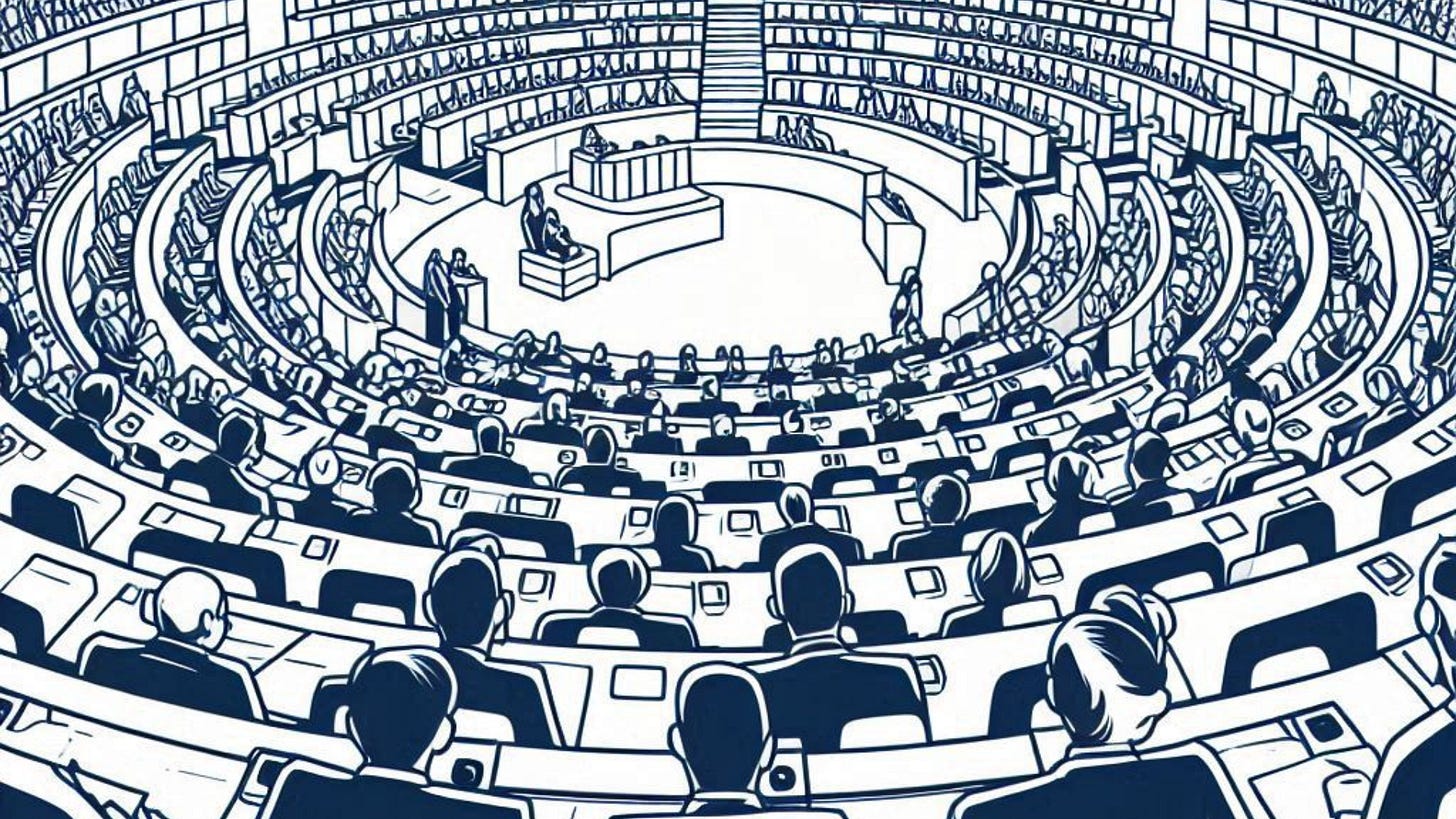4 actions to start right now to prepare for the Commissioner’s hearings
As political groups take shape in the new European Parliament, lobbyists and campaigners have a unique opportunity to influence the European agenda for the next five years. Don’t miss it.
New Parliament, new chances.
As MEPs furbish their teams and get ready for another challenging five years, you now have a unique opportunity to greatly influence the European political agenda.
Here are 4 actions you should start implementing if you want to have a say in what’s on the table for the next five years, while building working relationships with new and returning MEPs.
Identify the key MEPs for your topics
The elections, for some part, reshuffled the cards for existing alliances.
Some long-standing MEPs did not return, and new faces arrived. Some groups lost seats, probably depriving you of trusted allies, while new lawmakers are keen to make a name for themselves.
A crucial exercise is to identify the 15 to 20 MEPs that will be key to your issues. Why this number? Too little and you’ll risk missing out on crucial information, allies or foes. Too many, and you’ll be drowning under it. Don’t forget that you’ll also have to keep an eye on the Commission, the PermReps… So keep it nice and within your means.
Here’s what I’m looking for to identify the relevant MEPs for me:
Did they talk about our issues in the past?
Did we work with them in the past?
Do they — or will they — hold a position of power and influence?
Get in touch with the MEPs
Now that you know who you’ll talk to, how do you actually get in touch?
Well, why not start by sending them a congratulation email? Obviously, MEPs are settling in, and the new ones are discovering the ins and outs of the Parliament. They are building their teams while managing the flow of information, responsibilities, and pleas that come with the position.
In this context, you don’t want to clutter MEPs’ mailboxes with spam. So send a nice letter to a chosen few, and leave it there. After the first plenary, however, they would hopefully have a team and procedures in place for you to start lobbying them.
Lobby MEPs ahead of the Commisioners’ hearings
OK, now you want to establish working relations with the MEPs. But where do you start?
The most important thing to do is to weigh in the European Commission’s upcoming work programme. How do you do that? You ask questions at the Commissioner-designates hearings.
Not you, obviously. But through one or several MEPs, you have a unique opportunity to have your priorities taken by the European executive.
Here, you want to capitalise on the relationships that you will build with MEPs. The newer ones will be keen to have an issue to champion, especially if you present it well, while returning ones will continue to support you (provided you had relations with them in the past).
But to be sure that your points are taken up, I would recommend you prepare a few questions with them and their teams.
Prepare your key messages
The Summer months will hopefully be a well-deserved downtime for you to prepare your key asks. What do you want MEPs, Commissioners, stakeholders to understand about your organization or clients, and what message you want to convey?
Keep it simple, but not stupid. Provide data to back your claims, but don’t bore them with figures if they don’t need it.
Prepare a narrative that will make it digestible. Here are the questions I will try to answer when building these key points:
What is the main problem we are tackling?
What is the cause of the problem? i.e the enemy.
What are our solutions?
Why are our solutions the only viable option? (because it’s fairer, cheaper, and doable)
I hope you have a great time getting in touch with our new representatives. Let me know in the comments (or by replying to this article) how you plan to do it, and if you’d do differently.
Thanks for reading!
To download your copy of the free e-book “Five Free Learning Resources for EU Public Affairs Professionals”, subscribe to The Beubble.
The Beubble is a side project where I share insights and practical advice on EU policymaking and influence.
Connect with me on LinkedIn or subscribe to The Beubble for more content and updates.






